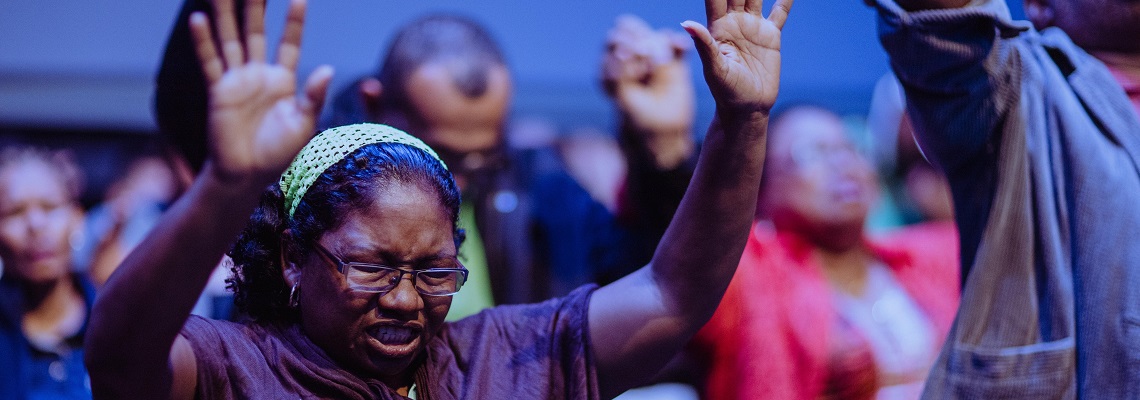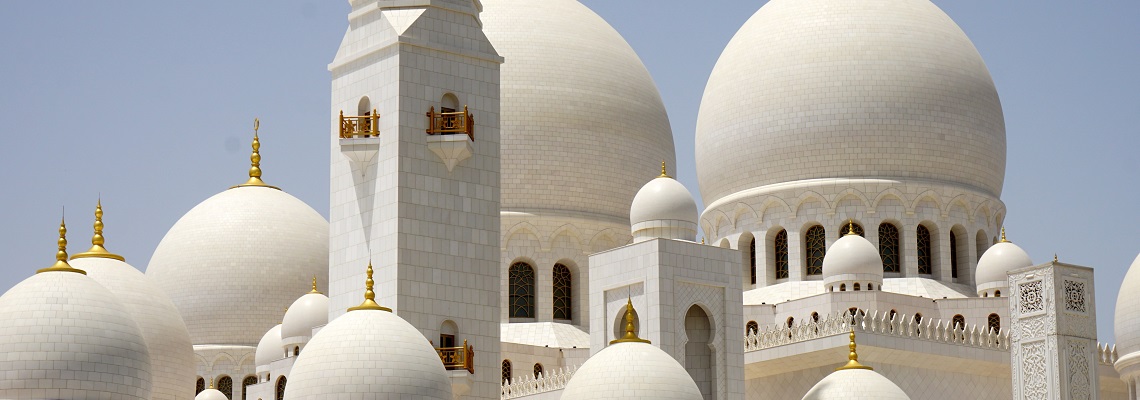
For the believer and the unbeliever alike, religion is a filter through which people in every society perceive how the world works or doesn’t work based on certain belief systems and practices. As a social phenomenon, religion influences perceptions and choices about wellness, wealth and human suffering which is mostly as a direct result of poverty.
It is estimated that 84% of the world’s population profess one religion or another, with Christianity, Islam, Judaism and Hinduism being the top four among countless faith groups in the world. In Africa, Christianity and Islam are the dominant ones.
However different their creed may be, it is universally agreed that common among these religions is their teachings towards building a peaceful world; one in which justice prevails, nature is preserved, and human dignity is enhanced by caring for the poor.
Is poverty triggered by religion?
The argument exists in some circles that religion itself is the culprit in perpetuating poverty. Fundamentalism, which possibly exists in all faith movements stress the security of the human soul in the afterlife. Some would even frown on amassing wealth, while others assure adherents that those who endure hardships in this life are pleasing in the sight of their deity who will greatly reward them in the next life.
This, some see as an encouragement to the faithful to cherish their state of privation while seeking comfort in the occasional handouts offered by their organization.
The sacred and the secular
Poverty manifests in diverse ways across the spectrum of society. With all the numerous faith-based organizations carrying out humanitarian acts even in secular spaces all over the world, this article seeks to proffer that lifting up the poor is a universally sacred act.
If so, how then can religious groups empower their own followers to economically take control of the one life they have now, especially since the admonition to care for others is directed at all who profess the faith?
Here are a few suggestions.
Stewardship re-orientation
The role of religion in poverty alleviation should never be limited to a mere show of occasional sympathy to the poor, while pushing their hope to a better life beyond the sky.
Recommended article: Religion as an accelerator of entrepreneurship in Africa
The rewards to be accorded in the second life, obviously, is in the hands of the supreme being of the respective groups. Followers should then be made to understand that this present life, however, is the duty of the individual to make good. Religion must create awareness of the problem of poverty and its devastating outcomes on the lives in this world. Wealth should not be demonized.
If all religions stress the need to develop and use resources, personal and national, responsibly, then believers must be made aware that developing themselves through education, training and leveraging of skills for economic advancement and social mobility, also form part of this stewardship mandate that their religion teaches.
Similarly, a guide on responsible living, ethical investment, and business transactions is provided in Islamic teachings about Sharia-compliant investment. In the Catholic church also, the Caritas in Veritate of 2009, bans speculative use of financial resources.
Grassroots networks.
Religious organisations have a breadth of grassroots networks that can provide intelligence on which company or business to invest in due to its high profitability.
Because religious groups have a broad reach, it is easy for members to spot investment opportunities in a given area. The ideas shared and knowledge shared from these surveys could help generate countless business avenues among a particular faith, or even inter-faith community.

Recommended article: Three Ways Religion Can Influence Entrepreneurial Success
Grassroot networks can also be mobilised to enable investors to share their experiences, allowing them to avoid some of the common pitfalls in businesses. Referrals both within and between faith communities will create a robust economic environment within which the poor have prospects of leveraging their skills.
Long term investment
Because religious organisations have a structured belief system, it is easy to mobilise members to invest with a long-term perspective, similar to how pension funds investment works.
This long-term perspective enables religious organisations to invest in social impact sectors such as healthcare, education, energy, or agriculture.
This “patient” way of investment is suitable for social impact investing, thus targeting the most vulnerable in society, most of whom are among the religious faithful’s.
Collaborative investment
Many traditional religious groups have extensive plots of land which they can use to collaborate with other responsible investors. Churches and mosques should consider their land and buildings as assets to generate revenue to support their members and religious mission. Investment returns from these projects can then be used to support initiatives to alleviate poverty.
Even when the initial capital proves to be a challenge, faith groups can enter into a partnership to develop their estates.
If the saying that to be an African is to be religious is true, then let’s all explore how we can leverage religion on the continent to create the Africa we want under the Agenda 2063 project.
